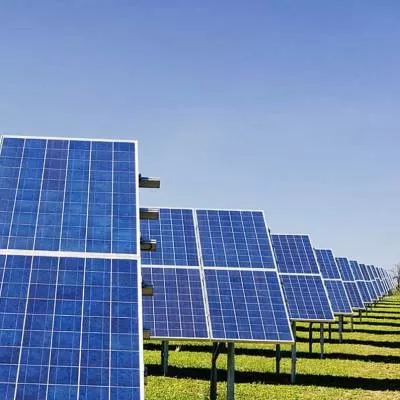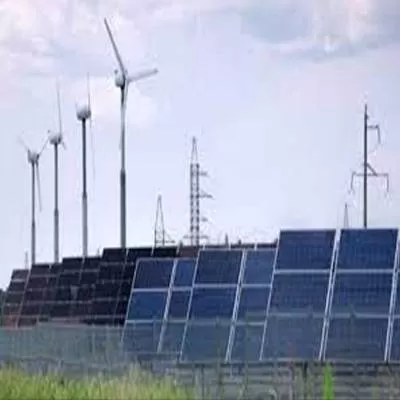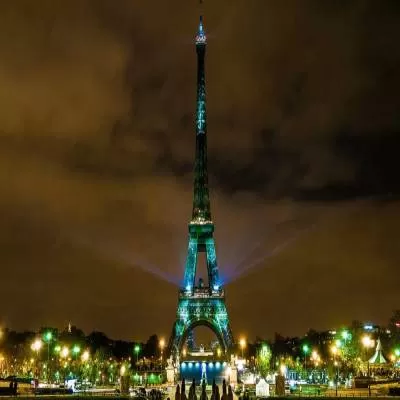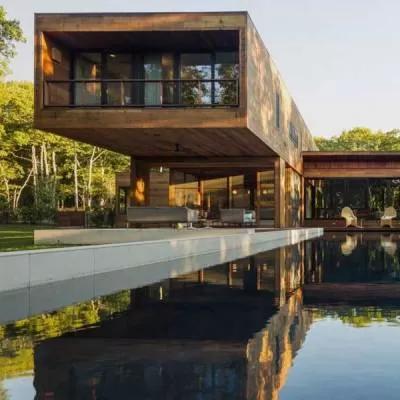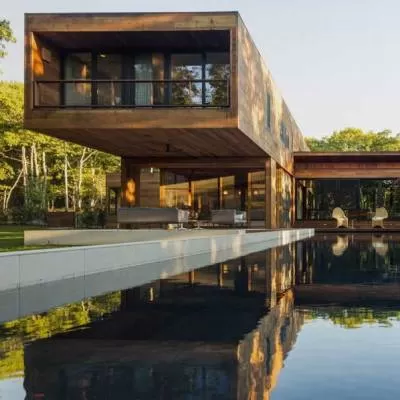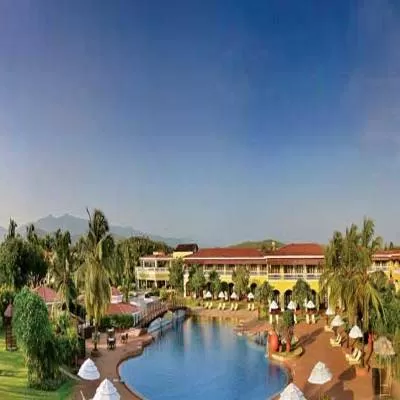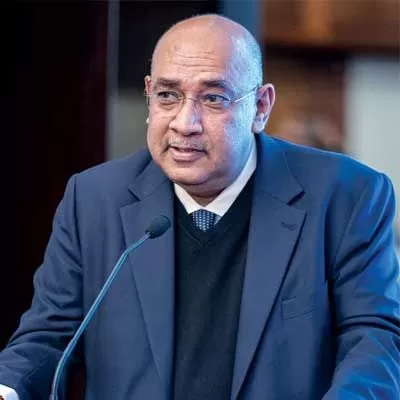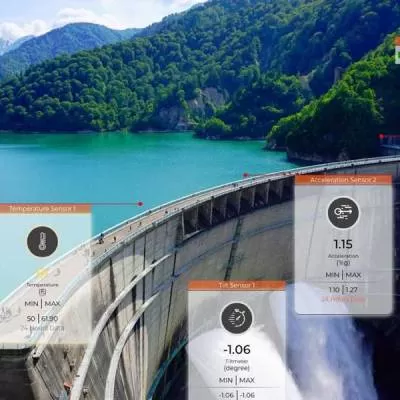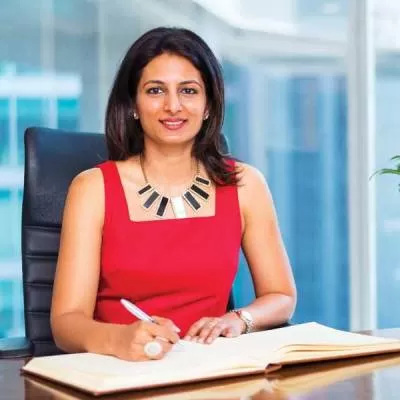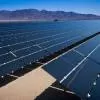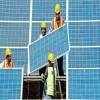- Home
- Real Estate
- IBNII Coorg resort in Karnataka becomes India's first hospitality project to be IGBC Platinum certified

IBNII Coorg resort in Karnataka becomes India's first hospitality project to be IGBC Platinum certified
Energy and resource-efficient, sustainable, a cost-effective building that imposes minimal stress on the environment - these are the factors that led IBNII Coorg, an eco-luxury resort in the Coorg (Kodagu) district of Karnataka, to become the first hospitality project in the country to receive IGBC Platinum certification. What's more, the resort, nestled on 120 acre, is also gearing up to get its LEED (Leadership in Energy & Environmental Design) certification. <span style="font-weight: bold;">Dr Sherry Sebastian, Director, The IBNII Resort and Spa, Coorg</span>, shares more on the factors implemented that help the resort stay eco-friendly. <p></p> <p><span style="font-weight: bold;">High performance:</span> Very few trees were cut during the construction of the resort. And, currently, the project is focusing on water efficiency, sustainable site, energy-efficiency, materials and resource optimisation, and indoor environmental quality control. IBNII is also a vehicle-free zone with only electric buggies used for internal movement. Guests are encouraged to walk around the resort. It is also taking many initiatives including an in-house tailoring facility, usage of recycled materials, and the use of steel fruit and vegetable crates in the kitchen. Moreover, it is part of a new project with Madikeri town to make a road using recycled plastic from the resort. <br /> </p> <p><span style="font-weight: bold;">Eco-friendly design:</span> First, trees were cut only when necessary. Further, rather than cutting trees, the project made them a natural part of the building wherever possible. Therefore, at many places in the resort, trees appear to be growing right in the middle of the building, while actually it is the building that was built around the trees. Apart from this, more trees were planted. Also, the natural system was not disturbed during construction. There are also a natural lake and stream within the resort that have not been disturbed. </p> <p><span style="font-weight: bold;">Natural cooling elements:</span> Keeping in mind both optimum daylight and cooling the building to improve indoor and outdoor air quality was a challenge. Balancing between the two, the project uses a traditional low-slope roof with a high ceiling for cooling in summers and keeping warm in the monsoon. It has an exhaust with an in-and-out for natural ventilation, and optional air-conditioning with a built-in inverter for energy saving. The eco-luxe resort also has French windows for optimum daylight. </p> <p>Most cottages and rooms have maximum glass cover, ensuring optimum daylight. The restaurants in the resort are also out in the open to minimise the use of artificial light. Most rooms are made from eco-friendly wood.</p> <p><span style="font-weight: bold;">Building energy:</span> The project has made use of reused, recycled and local materials such as stone, slate, pipes and wood during construction and continues to do so. The benefits include less construction debris and reduced waste disposal, lowering energy usage for the same. </p> <p>The resort has a robust waste segregation system where the organic waste is used in a vermicompost to generate high-yield, organic manure, which is in turn used in the greenhouse to grow fresh organic vegetables and fruits. As the resort is nestled in a valley of sorts, sensor fixtures are not conducive to the climate. Therefore, energy saving is achieved manually through training and monitoring; for instance, the air-conditioner with the built-in inverter.</p> <p><span style="font-weight: bold;">Water treatment:</span> The project is actively involved in rainwater harvesting as it has three large water catchment areas. It harvests nearly 5 million litre of water every year. Apart from a waste management plant, it has a state-of-the-art sewage treatment plant (STP) to further minimise dependency on fresh water. The treated water is used for landscaping and other utilities.</p> <p><span style="font-weight: bold;">Ensuring sustainability amid challenges: </span>Challenges faced during construction included the distance between the cottages, reaching the material on site and shortage of labour to finish the work. It took about 10 years to complete the construction of the resort. But the resort's commitment to sustainable practices remained unshaken. Rainwater harvesting, commitment to the community, waste management, observation of Earth Hour, discouraging plastic use, imposing an EV-only zone, restoration project, minimal paper use and greenhouse organic farm are just some of the outstanding measures undertaken by IBNII to conserve nature, reduce the carbon footprint and manage waste-efficiently.</p> <p>This is truly responsible living at its best!</p> <p> <span style="font-weight: bold;">- SERAPHINA D'SOUZA</span></p> <p> To share details of any green initiatives, write in at feedback@ConstructionWorld.in</p>


